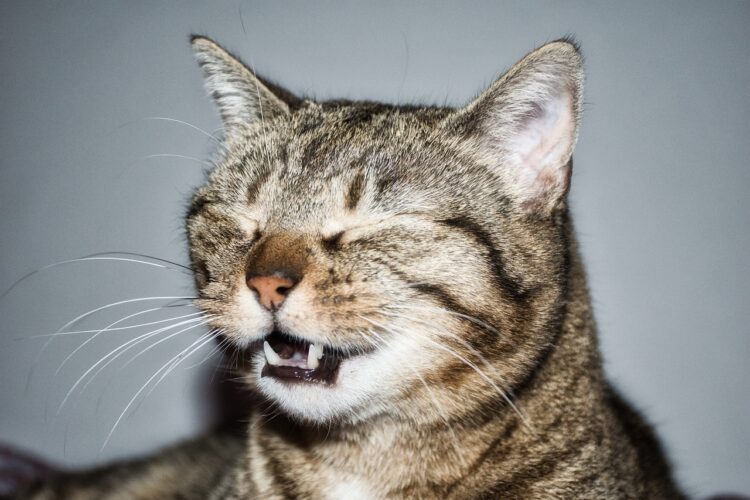
Reverse sneezing in cats happens when a cat tries to clear irritants from their mouth, throat or nasal passages. It is characterized by a sudden, forceful inhalation of air through the nose, often accompanied by a distinctive snorting or honking sound. Unlike a regular sneeze, where air is forcefully expelled out of the nose, reverse sneezing involves the inward movement of air. This can give the impression that your cat is struggling to breathe, which can make these episodes very distressing to watch for cat parents. It can often be mistaken for other respiratory problems.
Causes of reverse sneezing
While the exact cause of reverse sneezing in cats is not fully understood, there are several factors that are believed to contribute to this condition. One of the most common causes is irritation or inflammation of the nasal passages. This can be due to various factors such as allergies, respiratory infections, or foreign objects stuck in the nose.
In some cases, reverse sneezing can be triggered by excitement or stress. This can be particularly true for cats that are prone to anxiety or are easily startled. Additionally, certain environmental factors such as dust, pollen, or strong odors can also trigger a bout of reverse sneezing.
Symptoms of reverse sneezing
Reverse sneezing can be alarming to witness, especially if you are unfamiliar with the condition. However, there are certain symptoms that can help you identify if your cat is experiencing a reverse sneeze episode:
- Rapid and forceful inhalation through the nose.
- Snorting or honking sound.
- Stretching out of the neck.
- Holding the head back.
Reverse sneezing is usually a harmless condition that resolves on its own within a few seconds to a minute and does not cause any long-term complications. However, if you notice any changes in your cat’s breathing patterns or if the reverse sneezing episodes become more frequent or severe, or are accompanied by other symptoms such as coughing, wheezing, or nasal discharge, take your cat to your veterinarian as soon as possible.
In some rare cases, reverse sneezing can be a symptom of an underlying health issue such as a respiratory infection or nasal obstruction.
Treatment options
In most cases, treatment for reverse sneezing in cats is not necessary as the episodes usually resolve on their own. However, if your cat’s reverse sneezing episodes are frequent or severe, your veterinarian may recommend certain treatment options to alleviate the symptoms.
One common approach during an episode is to gently massage your cat’s throat or cover their nostrils for a brief moment, which can help interrupt the reverse sneezing reflex. Additionally, your veterinarian may prescribe antihistamines or other medications to reduce nasal inflammation and alleviate any underlying allergies or respiratory issues.
It is important to follow your veterinarian’s instructions regarding the dosage and administration of any prescribed medications. If the reverse sneezing episodes persist or worsen despite treatment, further diagnostic tests may be necessary to rule out any underlying health conditions.
Preventing reverse sneezing
Since the cause of reverse sneezing is not fully understood, prevention may not be possible, but the following measures may reduce or minimize occurrence:
- Reducing exposure to potential triggers such as dust, pollen, or strong odors.
- Keeping your cat’s living environment clean and free from potential allergens.
- Using air purifiers or humidifiers to improve air quality.
- Providing a stress-free and calm environment for your cat, especially if he or she is prone to anxiety or easily startled.
Understanding the difference between reverse sneezing and other respiratory issues in cats
It is important to differentiate between reverse sneezing and other respiratory issues in cats, as the treatment and management can vary. Some common respiratory issues that can mimic reverse sneezing include:
- Upper respiratory infections: These infections can cause symptoms such as coughing, sneezing, nasal discharge, and fever. Unlike reverse sneezing, these infections are usually accompanied by other signs of illness.
- Asthma: Cats with asthma may experience wheezing, coughing, and difficulty breathing. These symptoms are distinct from reverse sneezing, and a veterinarian can help diagnose and manage asthma in cats.
- Nasal polyps or tumors: These growths in the nasal passages can cause chronic sneezing, nasal discharge, and difficulty breathing. They require veterinary intervention for diagnosis and treatment.
Has your cat experienced reverse sneezing?
Image by Sergio Huainigg via Pixabay


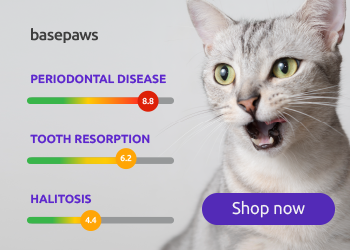

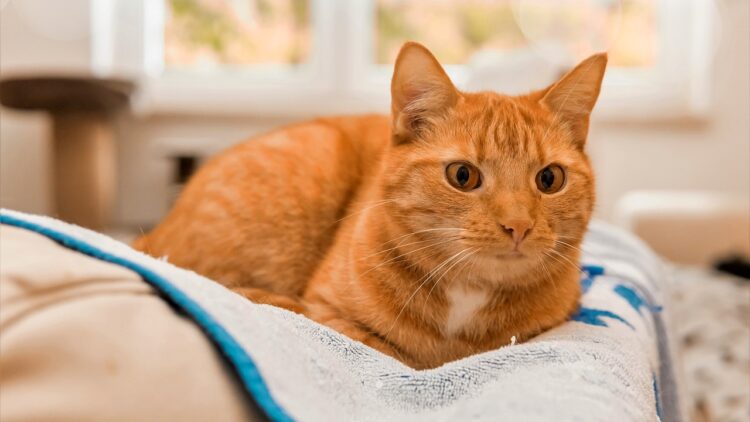
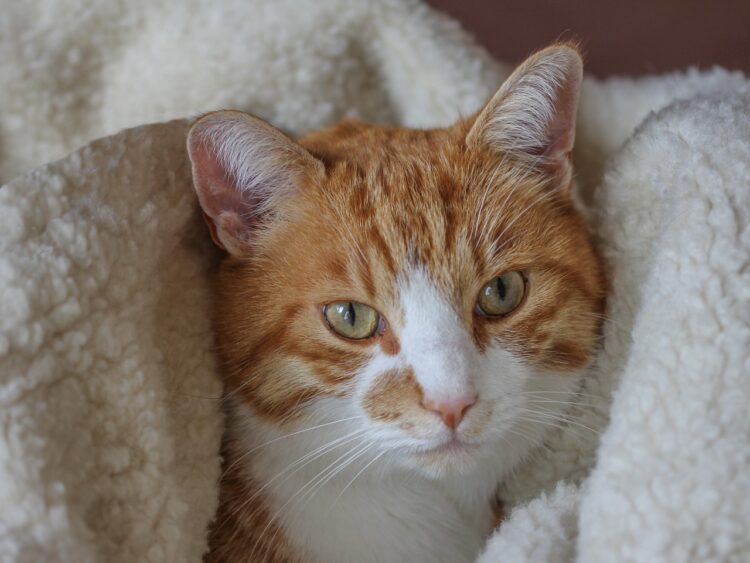
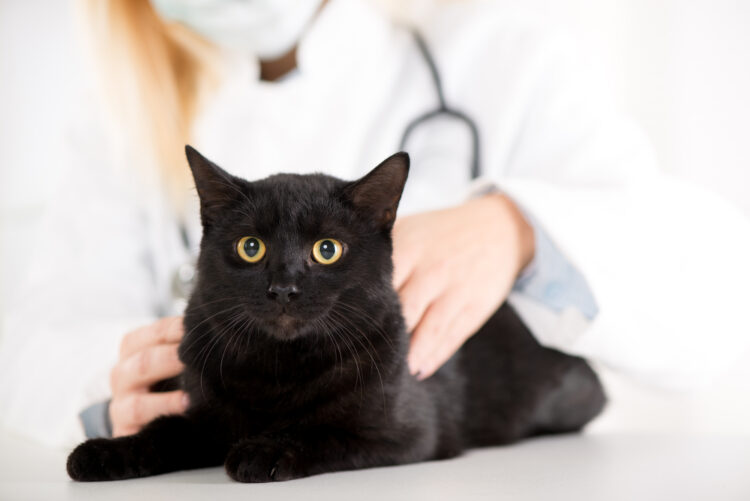
I know of reverse sneezing in dogs, which can be a health issue if they do it on a regular basis. I did not know about it with cats.
That sounds awful. I’m glad you mentioned this because I would have been very concerned if one of my cats did it. .
Thank you for posting the information and the video. I hadn’t heard of this.
This is very helpful. Our cat Ozzie has had episodes of reverse sneezing, and we didn’t know what was happening. This article clears it up for us, and makes perfect sense.
We’ve had four cats, and Ozzie is the only one who has done this. Thanks as always, Ingrid, for being our master teacher!
I’m glad this helped!
Thanks for this. I’ve never seen it before to know what it was.
Another thing to watch for is nasal lymphoma with reverse sneezing. My had had one day when he reversed sneezed 5 times and some tainted blood came out of nostril. I got him in to a vet and CT as soon as I could and it turned out to be a very aggressive lymphoma. Getting him for radiation was slow as I’m in a part of the country where there’s not many facilities. Something to definitely watch for!!
Thank you for bringing this up. I’m sorry about your kitty!
Really appreciate this article! I have a cat, Vanya, who is now 15 years of age who does this. She did this as a kitten 12 weeks old when I first got her and I took her to a number of veterinarians before one told me that it was reverse sneezing. I have never heard of this before and it was very distressing over the years to see her doing this. Vanya is a mixed breed, Maine Coon/Siberian and she fits the personality you described as being very anxious and easily startled, sensitive to smells and also has had several seizures within the past few years, which thankfully seem to have subsided.